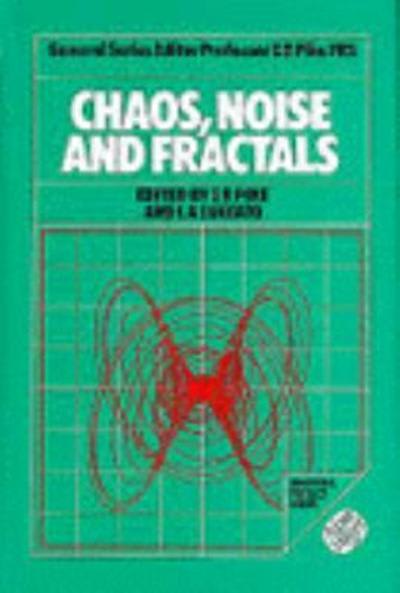Question
Say that a permutation a 1 a 2 a n of the numbers 1 to n is emph{good} if there does not exist i,j{1,2,...,n} such
Say that a permutation a1 a2an of the numbers 1 to n is \emph{good} if there does not exist i,j{1,2,...,n} such that ai=j and aj=i. Note that i and j may be equal, and so every such permutation is a derangement. Let gn be the number of good permutations of length n. Observe that g1=0 and g2=0.
(a) List out all of the good permutations of length 3. Why are they the only ones?
(b) Recall that dn denotes the number of derangements of length n. For n4, how many derangements a1 a2an of length n are there such that a1=2, a2=1, a3=4 and a4=3?
(c) Let pk be the number of ways to partition a set of size 2k into k sets of size 2. Prove that pk=(2k)!/2k. (Hint: Its just a multinomial coefficient).
(d) Given a real number x, let x ibe the largest integer m such that m x. Prove that
n/2 gn = (1)k(n 2k)((2k)!/2k )dn2k
k=0 for all n 1.
Step by Step Solution
There are 3 Steps involved in it
Step: 1

Get Instant Access to Expert-Tailored Solutions
See step-by-step solutions with expert insights and AI powered tools for academic success
Step: 2

Step: 3

Ace Your Homework with AI
Get the answers you need in no time with our AI-driven, step-by-step assistance
Get Started


